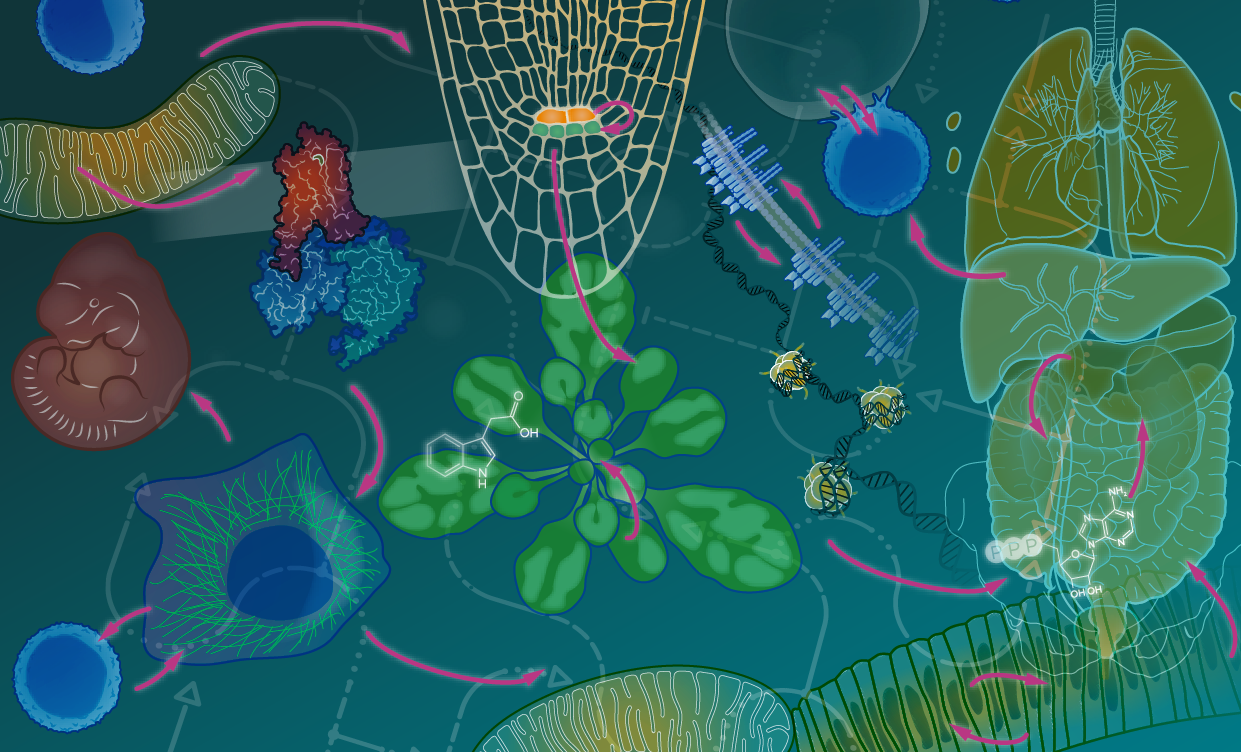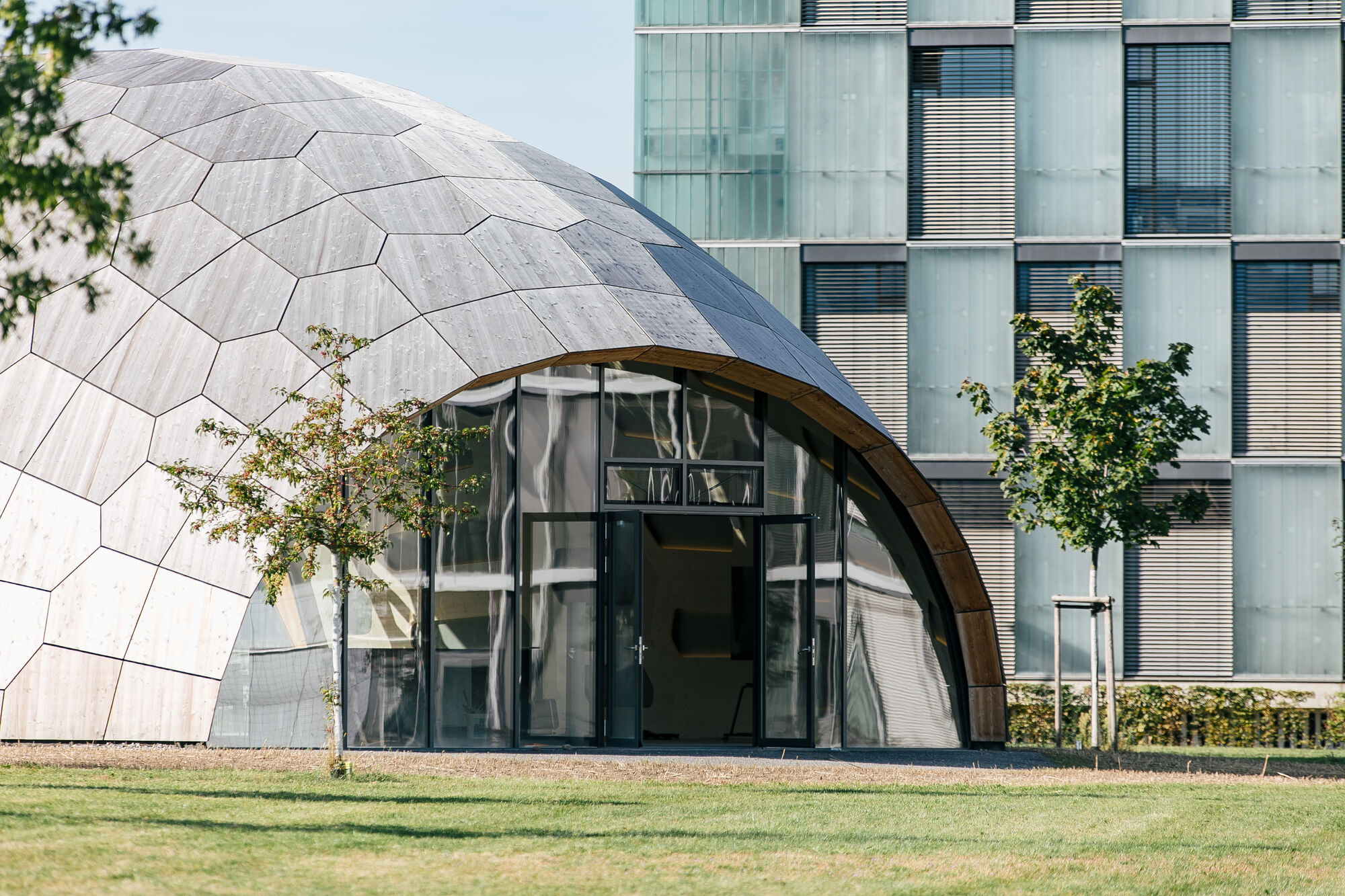The Excellence Strategy
In the Excellence Strategy of the federal and state governments, the University of Freiburg has submitted four proposals for Clusters of Excellence and aspires to the status of University of Excellence. The purpose of the Excellence Strategy is to permanently strengthen Germany as a research hub and to further improve its international competitiveness. It consists of the Clusters of Excellence and Universities of Excellence funding lines.

“With our four proposed clusters, we aim to uncover new horizons of knowledge for pressing social challenges – in the fields of signalling research, materials research, forest research, and constitutional research. In addition, we aim to achieve the status of University of Excellence.”
Prof. Dr. Kerstin Krieglstein
Rector
Clusters of Excellence funding line
The Clusters of Excellence funding line supports interdisciplinary collaborative projects in internationally competitive research fields. Important funding criteria for Clusters of Excellence are: excellence of research, track record of participating researchers, high quality of the university’s supporting structures in the Cluster of Excellence, supportive and high-performance environment for the Cluster of Excellence.
The University of Freiburg was invited to apply for four Clusters of Excellence, putting it in a leading position in nationwide comparison. The proposed projects focus on signalling research, materials research, forest research, and constitutional research.
The two clusters CIBSS (Centre for Integrative Biological Signalling Studies) and livMatS (Living, Adaptive, and Energy-Autonomous Materials Systems) already began work in 2019 and submitted renewal proposals. In addition, the University of Freiburg submitted two new proposals: ConTrans (Constitution as Practice in Times of Transformation) and Future Forests (Adapting Complex Social-Ecological Forest Systems to Global Change).
The two new proposals are among the 41 cluster initiatives called upon to submit a full proposal. They were selected from a total of 143 initiatives by the German Research Foundation and the German Science and Humanities Council. It will be announced which clusters will receive funding on 22 May 2025. Funding begins on 1 January 2026.
Universities of Excellence funding line
All universities receiving funding for at least two Clusters of Excellence are also eligible to submit a proposal for the second funding line: for the status of University of Excellence. This status substantially strengthens the university as an institution and enables it to consolidate its international top position in research. This has far-reaching positive effects on all areas of the university: research, studies, teaching, operations, and service.
The overarching funding criteria for Universities of Excellence are: objectives and long-term sustainability of the institutional strategy with regard to improving the positioning of the university in regional, national, and, especially, international settings; effectiveness of governance and management; capacity for institutional renewal.
The University of Freiburg will submit its proposal on 12 November 2025. The proposal will draw in part on results from the University’s overall strategic process.
All proposals are to be reviewed by July 2026, and on 2 October 2026 the Excellence Commission will announce which institutions can call themselves Universities of Excellence starting on 1 January 2027.
Contributing with creative ideas: Unicorn Fund
University members from science and research as well as research management can get involved in the University of Freiburg’s proposal for the Universities of Excellence funding line in a very special way: They’re invited to apply for the University’s internal Unicorn Fund by 31 May 2025 – with creative ideas that renew individual areas of the University from the ground up and have the potential to radiate throughout the University. They can receive up to 300,000 euros over three years to work out and implement their idea if the University is successful in the Universities of Excellence funding line.






